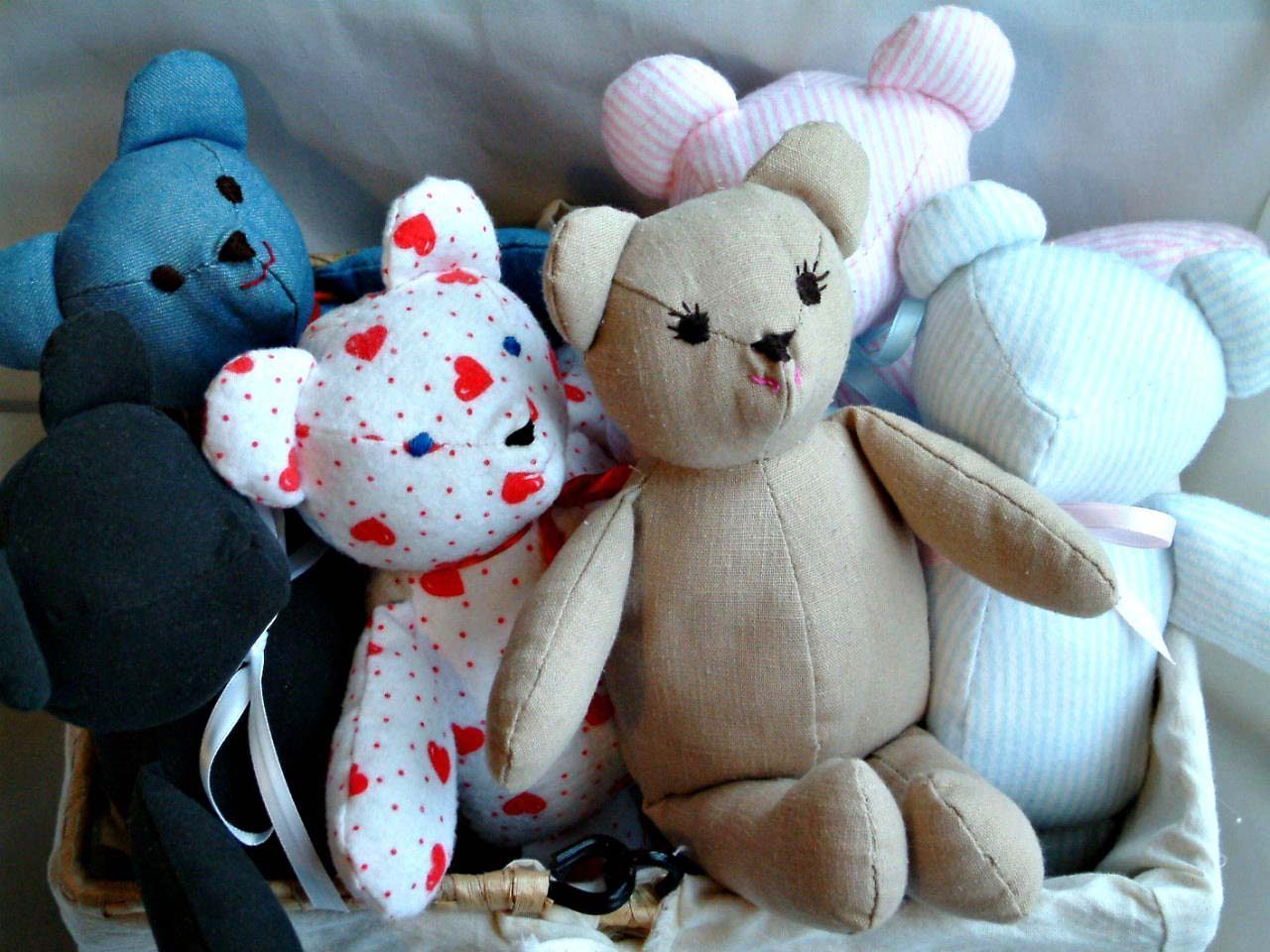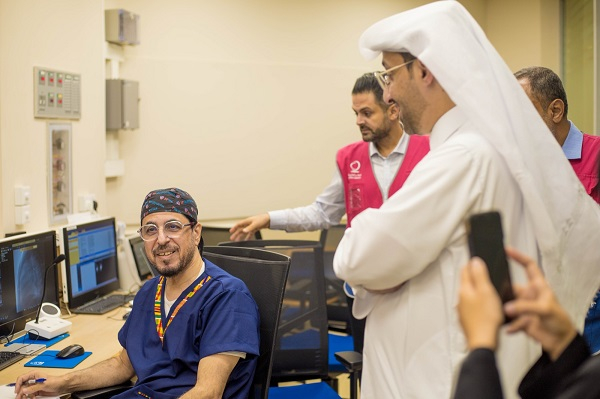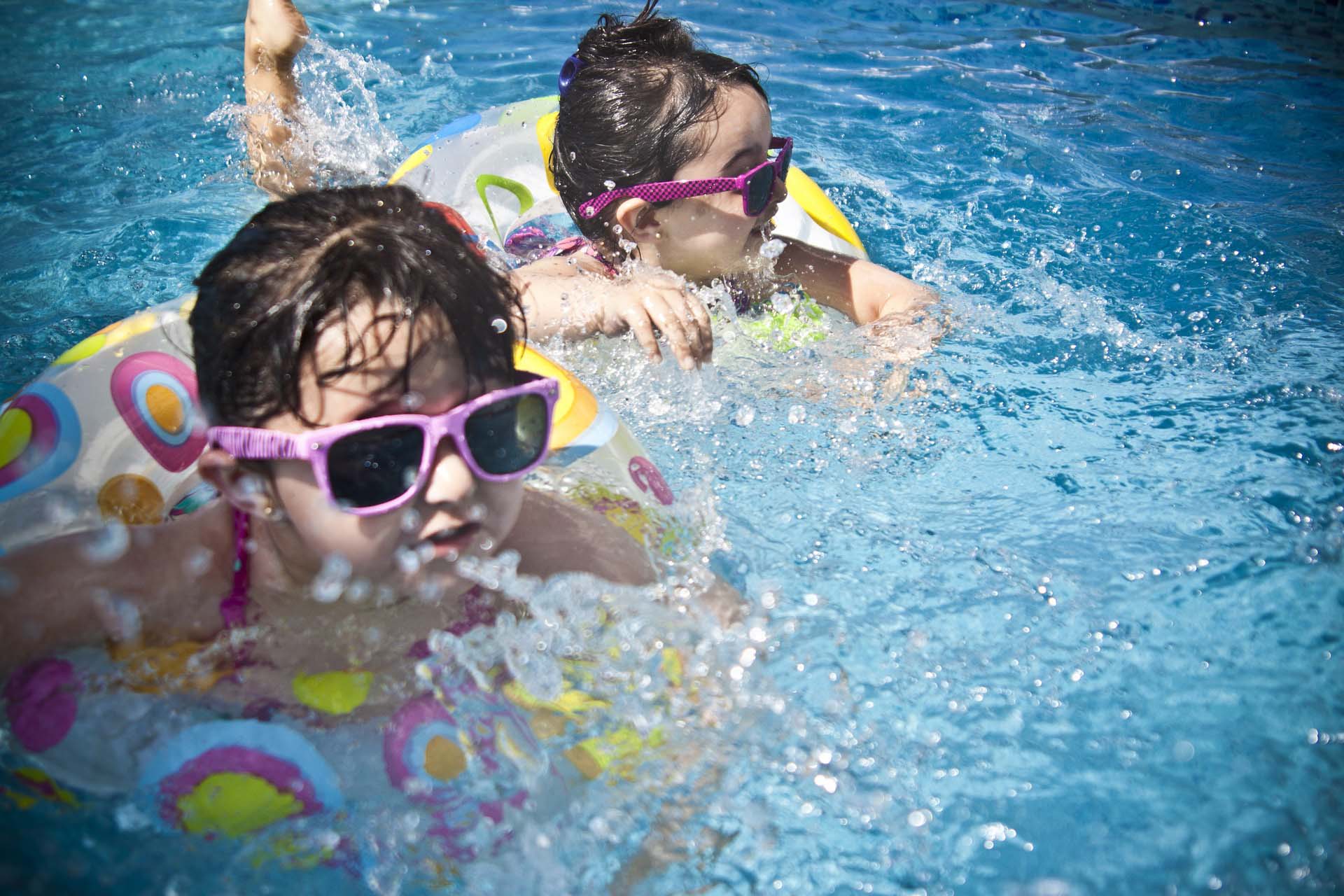
With reporting from Riham Sheble
Nurseries across Qatar have recently been told by the Ministry of Labor and Social Affairs (MOLSA) that they are no longer allowed to have any soft toys onsite – including children’s personal belongings that are brought from home.
The decision is the latest in a series of new rules introduced in nurseries as the ministry tightens regulations on the institutions.
New legislation governing childcare establishments in Qatar was introduced at the beginning of this year, and MOLSA officials have been conducting regular spot checks to ensure that nurseries are complying with the law.
At the end of April, MOLSA wrote to all nurseries informing them that they were banned from organizing field trips or arranging “dangerous” activities such as swimming – a decision which caused confusion among nursery managers over which water activities were permissible.

The reasons behind the introduction of the latest decision on soft toys have also been unclear to many nurseries. Some report having been given no reason at all for the verbal ruling.
When contacted by Doha News, a MOLSA official said the reason for the soft toy ban was “to prevent asthma and in case any of the toys are infected or contaminated with germs.”
The official added that “nurseries cannot have any of these items, and children cannot bring them in from home.”
A 2006 study of Qatar schoolchildren (aged 6-14 years) by Dr. Ibrahim A. Janahi, head of pediatric pulmonary department at Hamad Hospital at the time, found that nearly one fifth (19.8 percent) had asthma.
While this figure is similar to other GCC countries (Oman had a rate of 20.7 percent), it is ahead of many other developing countries. A Weill Cornell report attributes the asthma in part to Qatar’s air pollution.
Effects
Raana Nasir, co-owner and manager of Treehouse Nursery in West Bay, said she got verbal notification of the new decision last month during a routine inspection by MOLSA staff.
The inspector spotted a six-month-old baby with a soft toy brought in from home and told Nasir that no soft toys were allowed – even as comforters or sleep aids for babies.
However, the MOLSA official who spoke to Doha News could not confirm if small blankets and comforters were also covered by the ban.
Speaking to Doha News, Nasir said:
“I don’t have soft toys in my nursery – I only have toys which can be wiped clean every day.
But this was a baby with its own toy, which isn’t shared with other children. I asked the inspector why the toy wasn’t allowed, but she wouldn’t give me a reason.”
Nasir said she had to advise the baby’s parents that the toy was no longer allowed – even for sleeping.
She added, “Maybe if it was a toy that was going to be shared with other children, the decision would make sense. But in this case, I can’t understand the reason.”
Another manager of a popular nursery, who asked not to be named, said she had planned to host a teddy bear’s picnic day, with the children bringing in their own soft toys for the party. But then the manager was told by MOLSA this would not be allowed.
The nursery had to change its plans, and wrote to all parents earlier this week to advise them of the new rule. Speaking to Doha News, the manager said:
“There are new decisions all the time. Now we go every month to the ministry, sit with them and find out what will and will not be allowed. It’s the only way to make sure our planned activities are approved.
Otherwise, it has been difficult for nurseries to get clear guidelines.”
However, she added that recently she had noted some improvement in MOLSA’s communication with nurseries.
International rules
The ban on soft toys in Qatar nurseries is not one practiced across the board in other countries. The UK’s National Day Nurseries Association (NDNA) states that such toys are permissible, but adds in a fact sheet to nursery managers that the toys should be machine washable.
Guidance from the country’s Health Protection Agency (HPA) also requires that nurseries have a regular cleaning schedule for soft toys.
Official advice from the US state of Wisconsin to childcare providers similarly advises regular washing and sanitation of cloth toys.
New legislation
In January, Qatar passed Law No. 1 of 2014, putting into effect new restrictions governing nurseries. The six-month grace period that was given to nurseries to comply with the new law is set to expire in mid-June.
There are several new provisions in the law, including that:
- Nurseries must now only accept children below four years of age. Under the law, a child must attend a kindergarten as soon as they turn four.
- All staff directly involved in the care of children must be female. In addition, each nursery must have a qualified female manager, a female supervisor, a female nurse and a female nutritionist. The law says the qualifications required for these staff “are to be decided by the minister.”
- Other required staff, including a driver, cleaners, security staff and a visiting doctor, may be male.
Last month, MOLSA hired 18 inspectors into its Department of Family Development to ensure nurseries are complying with the new regulations.
However, many nurseries report regular spot inspections for many months now.
Thoughts?







